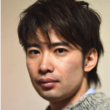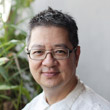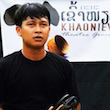Home » ricca ricca*festa Event Reports » Ness Roque-Lumbres
ricca ricca*festa 2016 event report
Context
A life in the arts is a privilege. Naturally, artists are burdened with a self-imposed need to justify the work that they do. This is important. It is necessary for artists to always question what they do. Living in a developing nation such as the Philippines, the value of the work that we do is something I ask myself almost on a daily basis.
Globally, we live in precarious times. We’re into the second decade of the 21st Century and the future is beginning to take shape. In many ways, as a human race, we can celebrate several achievements. However, we see how paradigm shifts are met with resistance by those in power—whether it’s patriarchy, capitalism, racism, or imperialism—the progressive steps we’re taking towards change is being met with strong resistance from those who benefit from current systems of oppression.
Whether we like it or not, this is the backdrop of all the works that all artists are currently creating. This is the space and time we are operating in. Whether we choose to ignore this or not is a deliberate artistic choice.
It’s easy to assume that when we talk of art for children or art for young audiences, we see bright colors, sunshine, and rainbows. However, I was surprised at how the tensions and anxieties of our milieu has actually been at the foreground, not just during the discussions at the Asian TYA talks, but in the festival performances as well.
Some pieces overtly dealt with difficult topics (Raw, Little Elephant, Hoguita, A Mano) while other performances, though a bit lighter or fun, were clearly not just for entertainment (Dream of A Yellow Sock, Leo, For the Sake of Someone, Wakatta-san’s Cookies). To me, the good performances seemed to have an awareness of why, in this day and age, being onstage inside (or outside) a theatre is a moment of importance and is therefore not to be wasted. In a time where kids can enjoy hundreds of games and stories through television, mobile devices, movies, the internet, etc., there is an ever growing challenge for TYA to assert the meaning of live performance.
What stuck me most, though, is the history of ricca ricca*festa itself vis-a-vis the complex military and political history of the Okinawa Prefecture. The insistence of this amazing festival for young audiences to exist in this particular space and time brought me to tears.
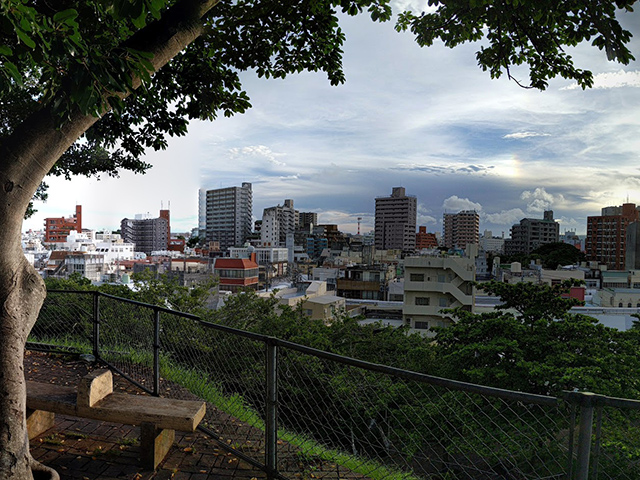
Exchange
Programs like the Asian TYA Network are important in fostering a culture of exchange among artists and art practitioners from different contexts. For me, the Asian TYA Network and the ricca ricca*festa are an affirmation of our roles as theatre practitioners in shaping the future.
Learning that other performance companies in Asia, particularly in South East Asia, are experiencing similar challenges like lack of state funding, commercialisation of theatre, and resistance from Western cultural influence, is reassuring for a young company such as Sipat Lawin Ensemble.
At the beginning of the festival, I really doubted my credibility to represent TYA. On the last day, many of us shared that they felt the same way. It was a light-hearted moment, realizing that we all had the same anxieties about being in such an “important” circle of people. I think the main reason for this self-doubt is that most of us wear several hats and so our works are usually not solely dedicated to young audiences.
However, ricca ricca*festa Producer and Artistic Director Mr. Hisashi Shimoyama, assured everyone that we were all qualified to be in the room. I think I got a bit teary eyed when he said that. He talked about why it is necessary for artists who do works for adults to do works for children as well. Our presence in that circle was a deliberate choice to encourage artists and companies that make works for adults to keep pursuing TYA.
Programs like the Asian TYA Network and international festivals like the ricca ricca*festa are essential in cultivating better artists and art practitioners. For future iterations, I wish for more special talks (e.g. Baby Drama), lectures, workshops, and perhaps even talkback sessions with the performance companies featured in the festival. More sessions like these would deeply enrich the Asian TYA Network and ricca ricca*festa.
Initiatives that push for the development of art for children should be a priority of all cultural institutions. Without a doubt, children are valued members of society and yet in many ways they are still neglected. What made ricca ricca*festa and the Asian TYA Network distinct from all other festivals and networks I’ve been to is the spirit of the festival community and their shared mission to make a better and happier world for children.
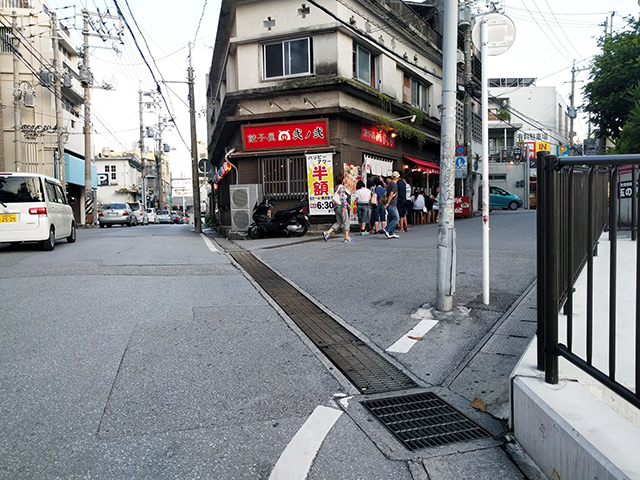
I imagine important men and women in their suits in conferences and meetings, making big decisions about politics, environment, industries, markets, and wars. I take a look at our little circle in that small room, each one carrying stories that refuse to
fit into their four-minute presentation.
This is us on the ground, passionately doing the work that we do, making these decisions as if lives depended on them. We take our work seriously and we give weight to this practice.
These discussions, I believe, are just as important as the ones that happen in huge conference rooms with the world’s VIPs. Sometimes this is all we need, a room with people who share the same vision. Exchange makes us stronger—it doesn’t matter if we’re just exchanging ideas or stories or resources. Exchange empowers us, and ultimately, it gives us hope.
My deepest gratitude to Mr. Shimoyama, ACO Okinawa, and the ricca ricca*festa team, the Asian TYA Network and my fellow delegates, and the Japan Foundation Asia Center. Maraming maraming salamat po!
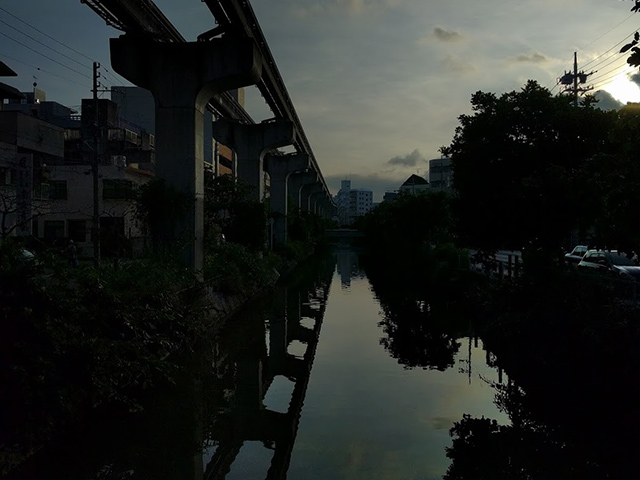
Ness Roque-Lumbres
Sipat Lawin Ensemble
Performer, Artist-Manager
Photos: Ralph Lumbres







